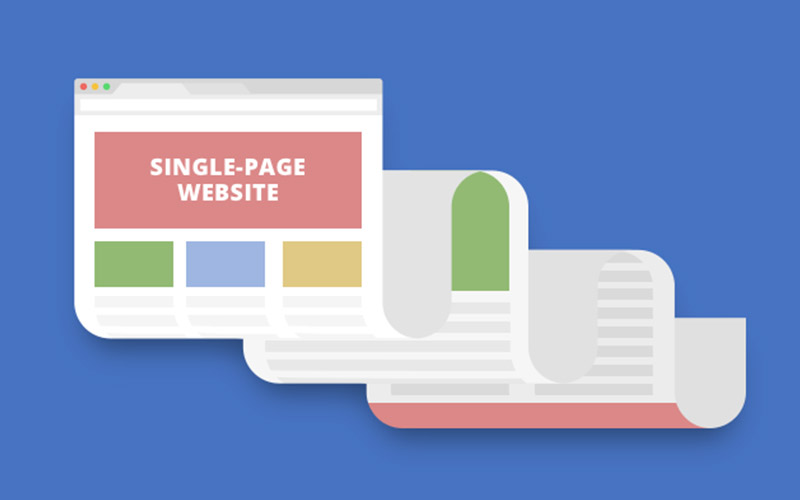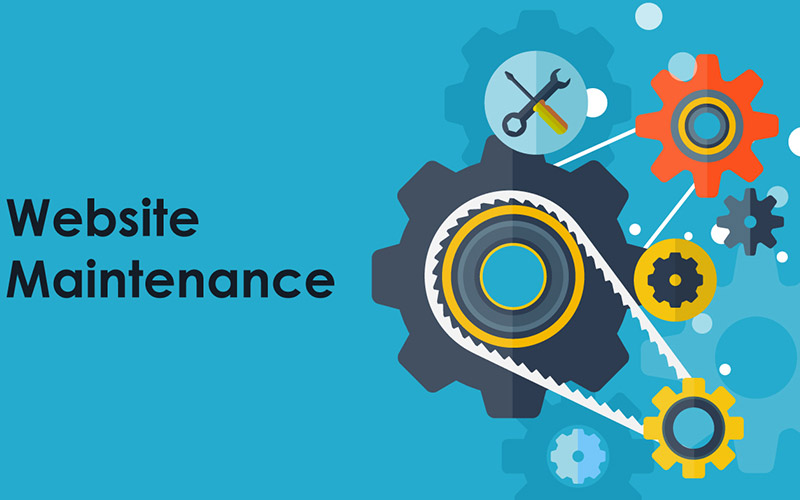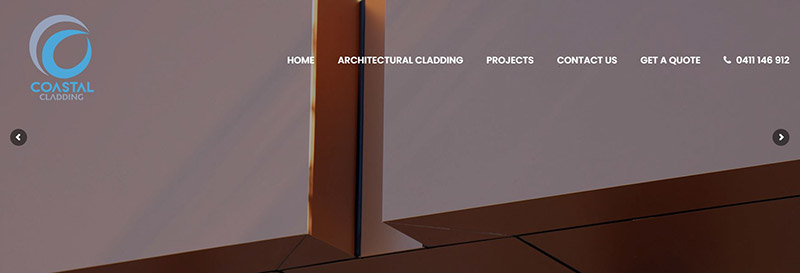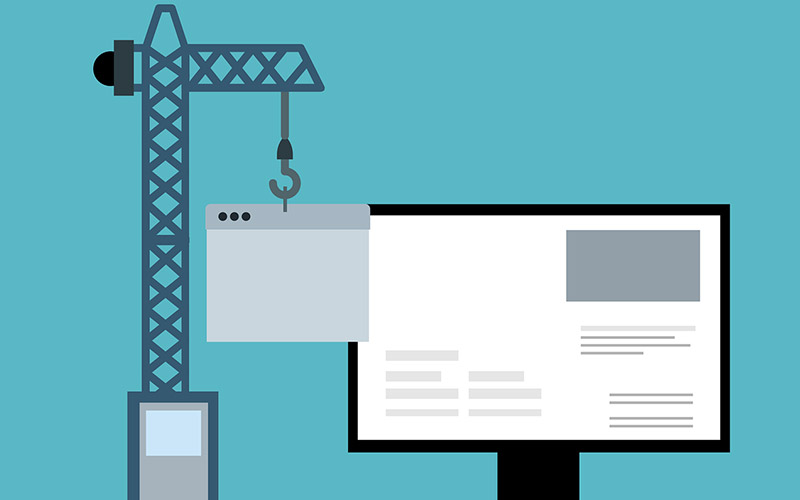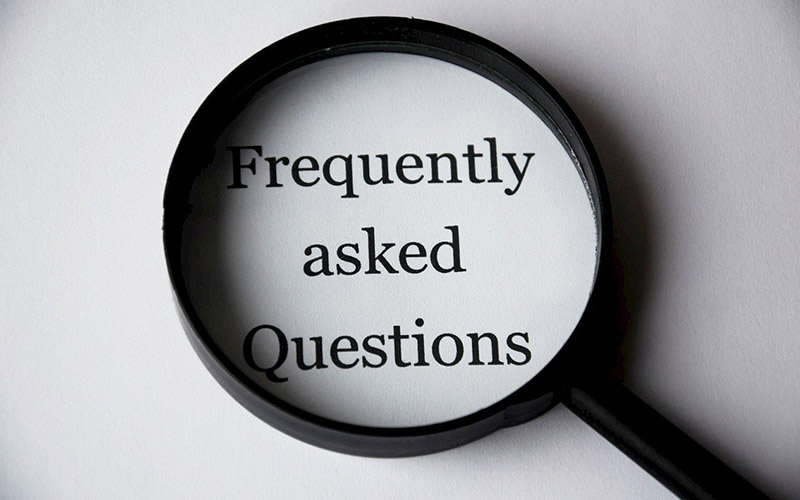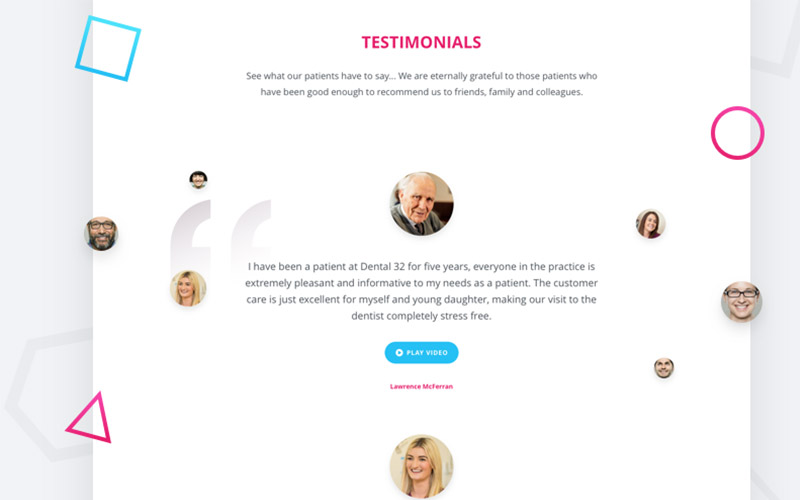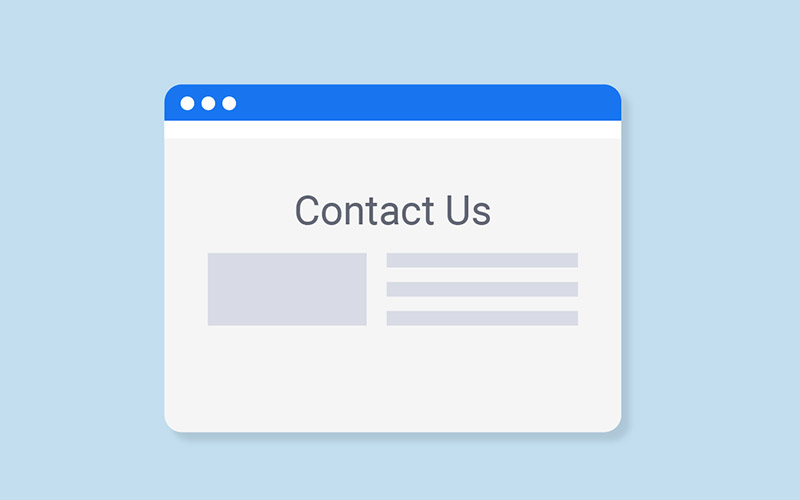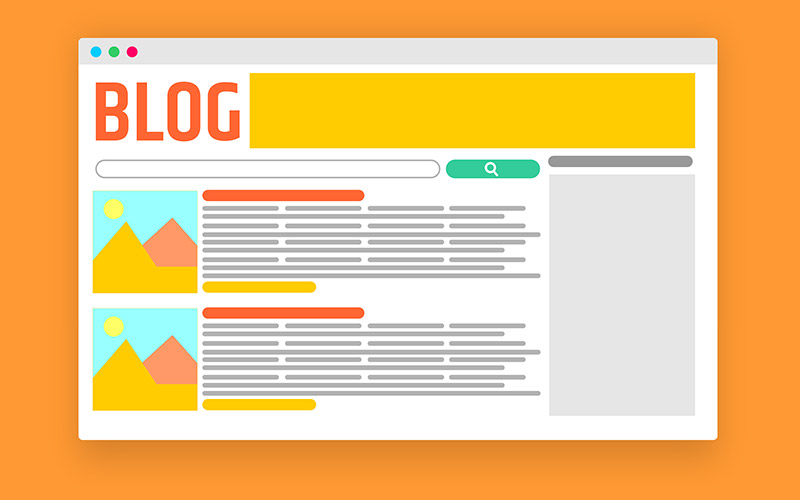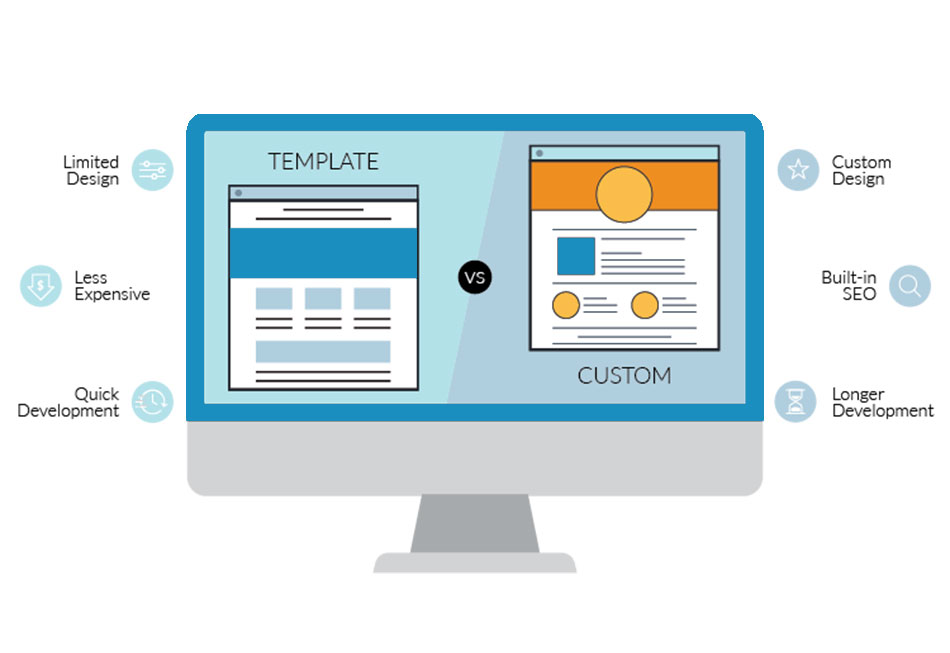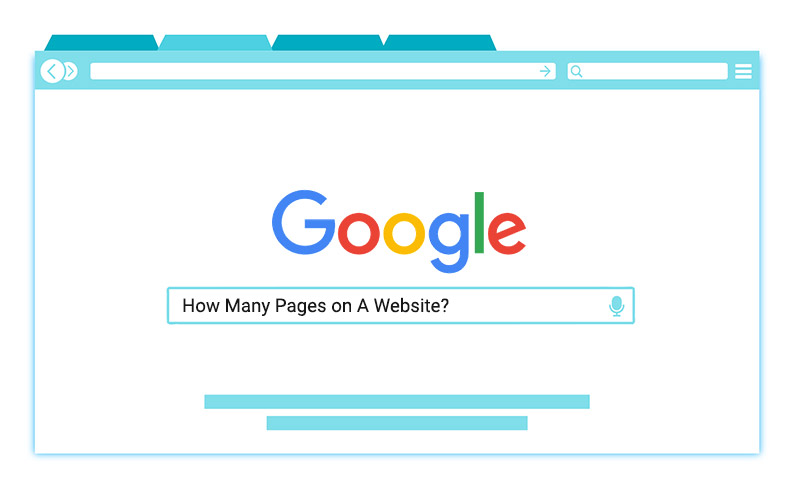
How Many Pages on A Website
Are you researching for your first website? Or are you an existing website owner who’s wondering how many pages the ideal website should have? Simply put, there isn’t a magic figure that works all the time. The number of pages to include in your website largely depends on your competition, industry, type of website, but there’s also a plethora of other factors. First things first, you need to set your goals and prioritise whatever web page attribute helps you achieve those goals.
For instance, an eCommerce portal may host thousands of pages, each featuring a certain product or product category. In that case, the goal would be listing as much product information as possible to rank highly in search engine results. Here is a comprehensive guide that’ll make your life easier when zeroing in on the number of pages on your website.
Contents:
- Can A Website Have Just A Single Page?
- Can A Website Have 1000 Pages?
- How Many Pages Does a Website Need?
- Factors To Consider To Determine How Many Pages Your Website Needs
How Many Pages Does A Typical Website Have?
The number of pages on a website largely depends on the type of information the target audience is looking for. Before you invest in website development, remember that a website can never be perfect. Aim for rough outlines you’ll polish later rather than perfection from square one.
Since the needs of your target audience keep evolving, you will have to include fresh information anyway, which only makes it natural that your web pages change. As a result, your website should keep growing.
The fascinating 80/20 rule can be applied to your web pages too. Namely, 20% of your website pages will account for as much as 80% of the overall traffic inflow, meaning it’s obvious that you’ll need to eventually produce some quality pages, but you don’t need many of them. Expect the majority of your pages to generate some traffic, with roughly 1/5th generating the bulk of your traffic, which is perfectly fine.
Search engine algorithms reward websites for regularly updating their content with relevant changes. Still, plain keyword stuffing won’t cut it; the quality of content needs to keep getting better with the word count. Aiming for raw SEO can and often does mess up the user experience, unless you’ve got strong data telling you otherwise.
To give you a ballpark figure, if you have a small business targeting local clients, five to ten pages should do the job for you. In case you’re a proud online store owner that dispatches goods throughout the country, you might require up to 30 pages or more. For small and medium-sized businesses, that might work well as the starting point for long–term growth.
Roughly 80% of consequences come from 20% of causes – Wikipedia
Can A Website Have Just A Single Page?
Absolutely. It’s possible to make a single-page website design work for any purpose, though whether it was a smart idea for your goals will only become apparent further down the line.
Think of landing pages, portfolios, and brochure web pages. They all help catch search engine traffic but a single-page website has all that juicy SEO mashed into one glob. It will still capture traffic but it won’t neatly display all sorts of information, such as product or service descriptions, contact details, about sections, and other relevant information. That won’t leave a good impression on visitors or clients.
Single-page websites are currently trending, partly because of the minimalistic approach that’s all the rage in 2021. When crafted to perfection, these websites look powerful and feel snappy, though their utility is limited and they should be used smartly. If possible, get an experienced web design agency to discuss your goals and priorities. That way, you’ll avoid having a half-baked single-page website.
Benefits Of Building A Single-Page Website
Better User Experience
If you’re creative with the design and maintain simplicity, single-page websites can significantly enhance the user experience. They need not refresh the page or navigate to other pages on the portal. Simply scrolling up and down can provide the visitors with the necessary information without excessive server or browser load.
Ease Of Use On Mobile Devices
Mobile users can seamlessly access different sections within the page without having to do awkward gestures or chase and tap tiny hyperlinks. A single-page site simply requires the users to do broad swipes to go wherever they please. Thanks to the neat, simple layout of single-page websites, they are easy to develop, scale and maintain.
Better Performance
Compared to multi-page websites, single-page ones load faster. This leads to overall better performance and higher engagement for longer, which also results in higher conversions. Moreover, you can be a standout amongst your competitors with a single-page portfolio, which can boost your brand’s recognition.
Development and maintenance
It’s easy to develop a single-page website and maintain the same. On the other hand, it’s tedious, let alone challenging, to make sure the images, content, and other elements on multiple pages are up to date. Instead of spreading your attention and resources thin on multiple pages and designs, focus your work on making a simple, effective single-page website.
SEO benefits
From a technical standpoint, Google PageRank would apply to the entire website. Besides, you can seamlessly target a specific group of people or audience with this type of website.
Can A Website Have 1000 Pages?
Theoretically there is no limit to website pages, and as an example, Wikipedia has over 297 Million pages indexed within Google!
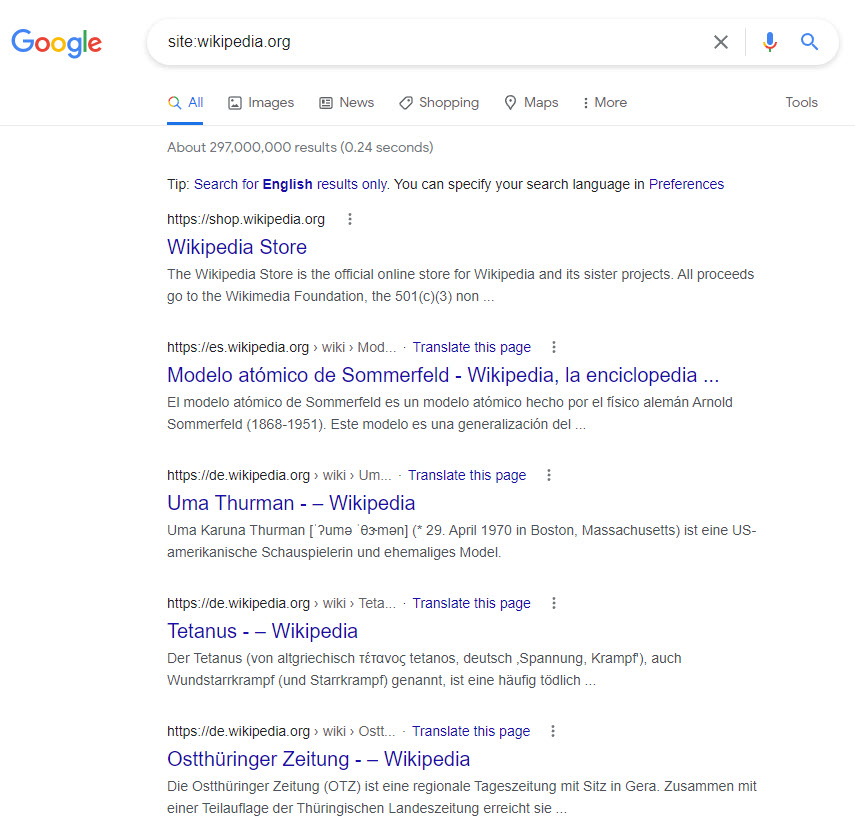
Wikipedia’s 297 Million Indexed Pages
But its not as simple as creating lots of pages, quality, SEO process and website structure all need to be taken into account.
It’s also not uncommon for eCommerce websites have more than a thousand pages all the time. It all depends on what type of information your customers look for and what your competitors are doing. However, you need to consider the limitations of your hosting provider and decide accordingly.
Moreover, website owners need to consider the attributes of every page. This indicates that the content you are adding and the frequency at which the page is being accessed would affect the bandwidth. For instance, if you have minuscule graphic elements and equally small informational content on each of these pages, you can smoothly run your website. However, if you load large videos and heavy graphics on all or most pages, the poor speed of your website shouldn’t come as a surprise.
However, you may not have adequate information to build a thousand-page website right at the outset. If your eventual goal is a massive site, a good aim is to start with 51–100 pages. One report reveals that websites with 51 to 100 pages can earn 48% more traffic, as compared to the ones with 1–50 pages. Gradually, as your information piles up, you can add more pages and you may eventually cross the 1000-page mark.
How Many Pages Does A Website Need?
While there’s no upper limit to the number of pages that your website should ideally have, you do have a lower limit. Unless you have a single-page website, you need to incorporate at least five crucial pages, which are:
- Home page
- About page
- Product pages
- Services pages
- Portfolio pages
- Blog pages
- Contact page
- Privacy Policy Page
Wikipedia is a perfect example, thousands of pages of unique content that is seen as valuable to people searching the web through the eyes of Google.
Some people try to shortcut quality, and many outsourced companies write bulk pages that contain the same repetitive content, it’s uniquely worded but the content is so similar that it causes more damage than good. Often this content is auto-generated and ranks poorly on search engines.
In a nutshell, if you put in the effort to write great and useful content then there isn’t a limit to pages.
90.63% of Content Gets No Traffic From Google. – Ahrefs.com
If you’re thinking beyond the basics and want your website to rank faster, you’d also have to persuade the search engines that your website is of outstanding quality. For instance, you might come across some additional pages on high-ranking websites, namely:
- Who do we serve?
- Why choose us?
- Different subcategories of service pages
- Our staff
- Testimonials
- Our history
- Photo gallery
You can have around 30-odd pages to begin with and then 4–5 additions each month. Soon enough, you’ll find yourself at the 100-page milestone. The road ahead from here would involve considering your competition, disseminating niche-specific information, and other factors while adding new pages.
What Pages Should I Include On My Website?
As a business owner, you must be aware of the unique demands of your audience. Potential customers too have some expectations about an online platform that deals in the niche they searched for. When they visit your website, they’d naturally want their wants satiated in terms of the information they seek.
Here are seven basic pages that your website shouldn’t miss out on.
1. Homepage
Your homepage is a representation of your business as a whole. It sets a benchmark of what the user can expect from the website. Imagine how you’d want your front door to look to a guest and apply the same sentiments to building your homepage.
Moreover, a significant number of visitors would first land on your homepage. Therefore, this page should clearly convey what your business deals with and who you are. You need to craft intriguing content for your home page, ensuring that it engages the visitor’s attention. The homepage needs to look professional as well. To engage your audience, make sure you have a homepage that loads quickly.
2. About Page
When potential customers reach out to you, they would like to know more about your business, your achievements, people working with you, etc. This makes the About Page one of the most visited sections of a website. After providing a concise summary regarding who you are, you may proceed to your business’s history and USP. You might also include your company’s employees, including their pictures and biographies.
3. Product or Service Page
You might have one dedicated product or service page that is split into subcategories if you offer multiple products or services. Here, you need to summarise your offerings before delving deeper into each of them.
Product and service pages often contain product or service descriptions. To enhance content visibility, use bullet points that highlight special features or a range of services. Make sure you explain how these offerings differ from that of your competitors and make everything readable.
4. FAQ Page
Your website must have a dedicated space where you post answers to questions that your visitors frequently ask. The function of this FAQ (Frequently Asked Questions) page is to provide all the answers comprehensively, rather than answering each visitor individually.
A well-organized FAQ page can add to your authority and credibility. The goal is to set the customer at ease regarding your products or services.
5. Testimonial or Review Page
The Testimonials section gives you an opportunity to post positive reviews that your clients have left for your company. You might also include a link to the social media profiles of the authors as this would make the testimonials authentic.
6. Contact Page
The very purpose of developing your website would turn futile if your customers are unable to reach out to you. Therefore, you need to furnish your physical mailing address, email address, phone number, and other modes of communication on the contact page. Make sure to include your social media accounts and business hours, if applicable.
7. Blog Page
This is a section where you come up with topically related posts that concerns your product or service. A blog page can go a long way in drawing traffic to your site.
Besides, you can integrate relevant keywords in the blogs that you keep posting on this page. Make sure these blogs provide the requisite information to your customers. This is a great way to generate engagement.
In addition to these pages, it’d be wise to include a Policy & Terms of Use page on your website as well. These are most often boilerplate pages and done to the industry standard.
3 Factors To Consider To Determine How Many Pages Your Site Needs
Tying back to what we said right at the beginning, there’s no hard and fast rule as to the number of pages a site should have. It’s influenced by three major factors:
1. Competition
Generally, business owners follow the trend in the industry. For instance, if your competitor has around a thousand pages on their website, you might want about a 1,000 web pages too. However, you may follow a different path if you cater to a different type of information.
Alternatively, you might brainstorm and find out aspects that your competitors did not cover in their websites. If you’re only just launching your website, you may limit the number of pages to the essentials and gradually scale up. The end goal must be to prioritize the quality of information you provide, not its volume.
2. Industry
Each industry has its own peculiarities, which are often its unique range of products/services. This largely determines the number of web pages you need to include. Additionally, the number of queries about your service and product, competition for keywords, and the expectations of your customers will also have a say on the number of pages as well.
For instance, if your business belongs to the manufacturing industry with a limited product range, there’s no need for you to post high-volume content regularly.
Pro-Tip: To find out how many pages your site has, you can use the Page Counter tool by Sitechecker. This tool will also show how many pages are in the index of search engines and provide a list of tips for fixing any problems with page indexing.
3. Budget
It’s imperative to consider your budget before building a website and plan long-term investments in web page development. Next, you need to hire a copywriter or creative expert to churn out the content for you. Unless you have a sizable budget, it makes little to no sense to have too many pages on your website.
Therefore, you need to weigh your financial strengths before investing in these pages. Reaching out to a reputed digital marketing agency will give you clarity on such expenses. Even if you need hundreds of pages, a budget constraint might hold you back.
Let Masters Of Digital Build You A Website Of Just The Right Size
Having discussed the challenges of developing a website that’s not only supposed to match but go beyond industry standards, hiring a professional company would be highly recommended. This explains why most of your competitors count on leading digital marketing agencies to craft their websites. Reach out to Masters Of Digital for dedicated support.
Our proven competence and industry expertise will see you through the competitive environment. Right from budgeting to developing the website and incorporating content, we will help you overcome every challenge. We’ll also help you scale your website by including as many new pages as required. Professional guidance from our end will help you thrive in the digitized environment with confidence.
Considering a new Website? Complete the below form to discuss your project and get a free quote from your local Australian website designer.



